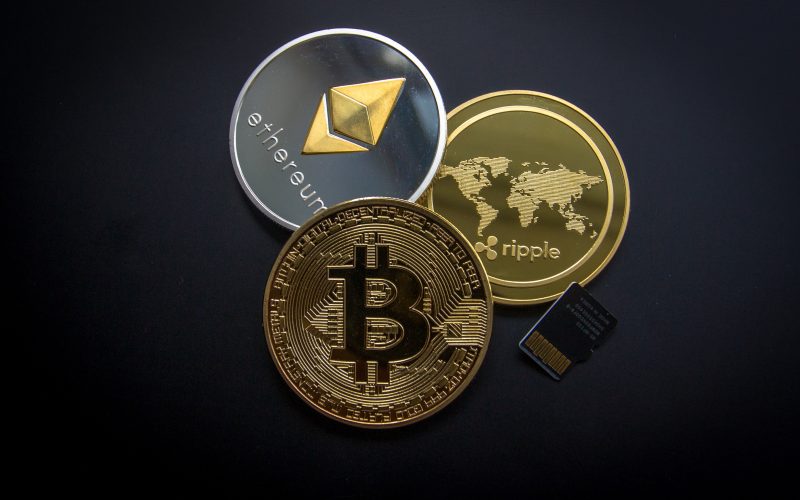In the ever-evolving world of cryptocurrencies, the safety and security of your digital assets are paramount. As Bitcoin and other cryptocurrencies continue to gain popularity, it becomes crucial to understand the various types of wallets available and the best practices for keeping your cryptocurrency safe from hackers and other potential threats. In this feature story, we’ll delve into the world of Bitcoin wallets and provide essential tips on securing your valuable holdings.
The Basics of Bitcoin Wallets
Before we dive into security measures, let’s get a grasp of what a Bitcoin wallet actually is. In essence, a Bitcoin wallet is a digital tool that allows you to store, send, and receive Bitcoin. It’s essential to recognize that your Bitcoin isn’t stored in your wallet but on the blockchain – a decentralized ledger that records all Bitcoin transactions.
Wallets come in different forms:
- Hardware Wallets: These are physical devices that store your Bitcoin offline, making them highly secure from online threats. Examples include the Ledger Nano S and the Trezor.
- Software Wallets: These are applications or software programs that you can install on your computer or smartphone. Examples include Electrum and Coinbase.
- Paper Wallets: A paper wallet is a physical document containing a public address for receiving Bitcoin and a private key for spending or transferring Bitcoin. It’s entirely offline, making it one of the most secure options.
- Online Wallets: Also known as web wallets, these are wallets hosted on the internet. While convenient, they are more susceptible to hacking, so it’s crucial to choose reputable providers.
Security Measures to Keep Your Cryptocurrency Safe

- Use Hardware Wallets: For long-term storage, consider using hardware wallets. These devices keep your private keys offline, making them almost immune to online threats.
- Enable Two-Factor Authentication (2FA): Whenever possible, enable 2FA on your software wallets and exchanges. This adds an extra layer of security by requiring you to provide a second form of verification, such as a code from your phone, in addition to your password.
- Regularly Update Software: Keep your software wallets and devices up-to-date with the latest security patches and updates.
- Backup Your Wallet: Create backups of your wallet’s private keys and store them securely offline. This ensures you can recover your funds in case your wallet is lost or stolen.
- Beware of Phishing Scams: Be cautious of phishing emails and websites. Always double-check the website’s URL and only enter your wallet information on trusted platforms.
- Diversify Storage: Avoid keeping all your cryptocurrency in one place. Consider diversifying your storage across multiple wallets and exchanges.
- Educate Yourself: Continuously educate yourself about the latest security threats and best practices in the cryptocurrency space.
Conclusion
As the value of Bitcoin and other cryptocurrencies continues to soar, the importance of securing your holdings cannot be overstated. By understanding the various types of Bitcoin wallets and implementing robust security measures, you can significantly reduce the risk of losing your valuable digital assets to malicious actors. Stay vigilant, stay informed, and keep your cryptocurrency safe in this fast-paced digital era.








